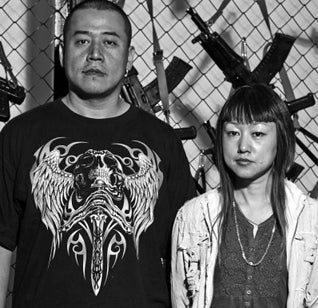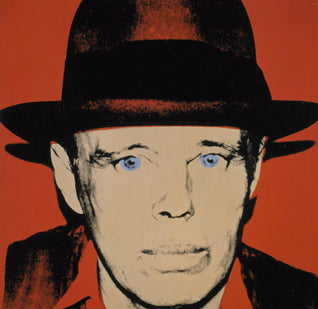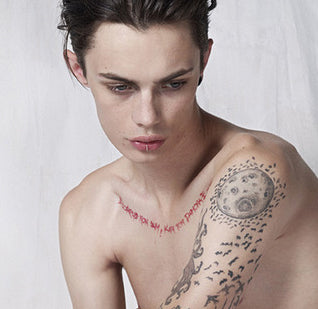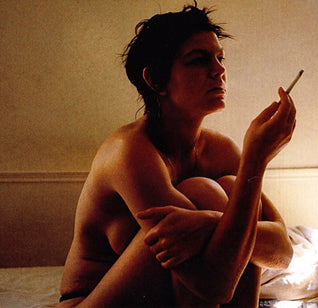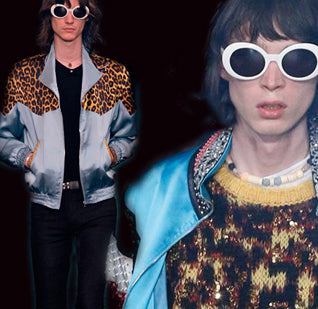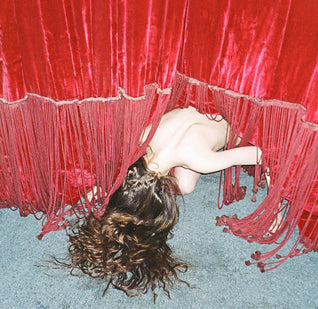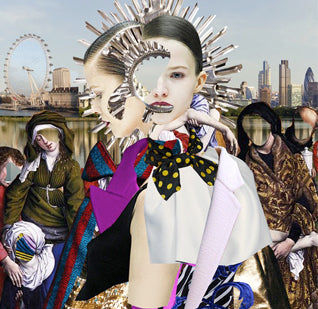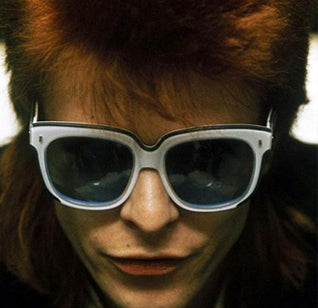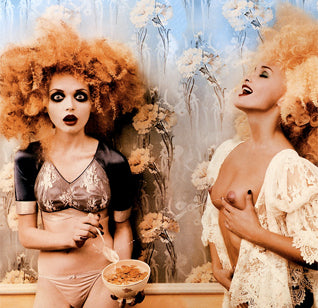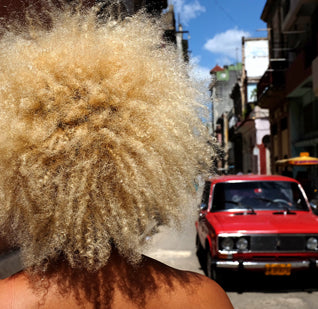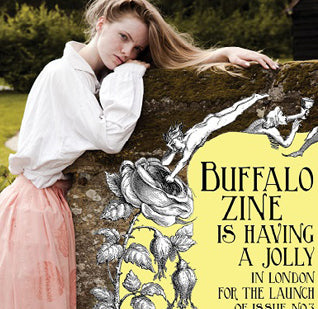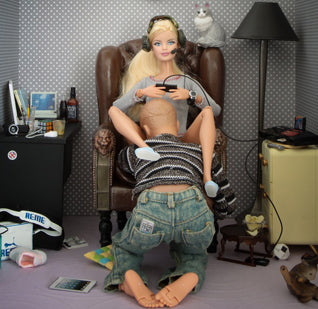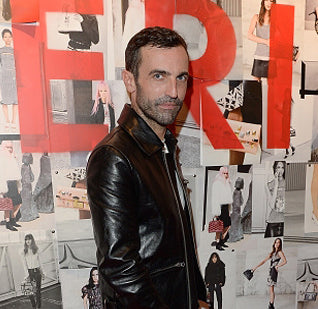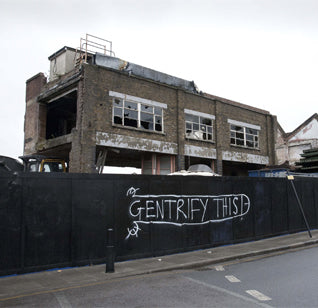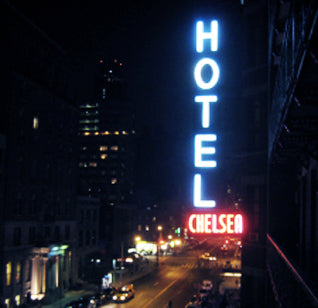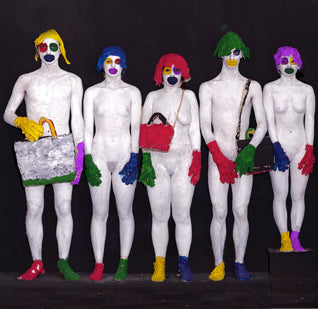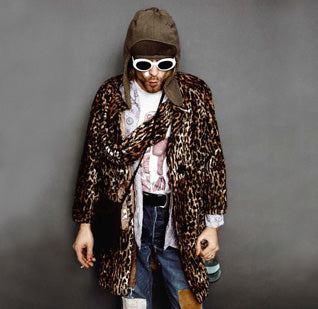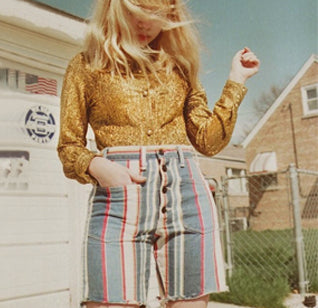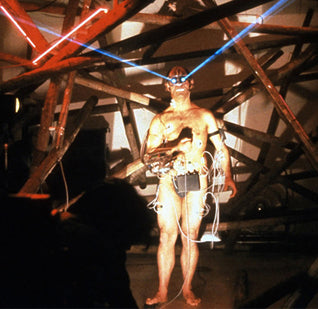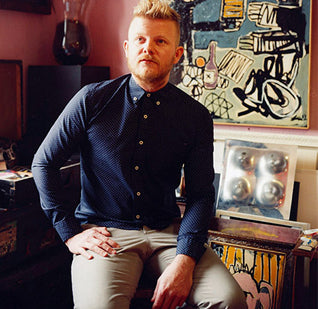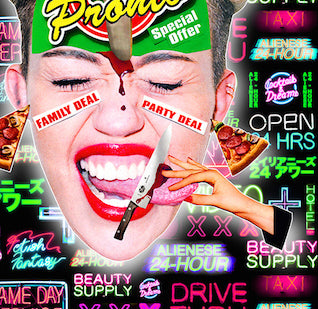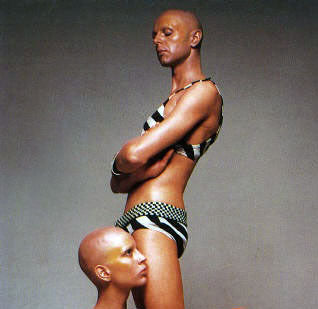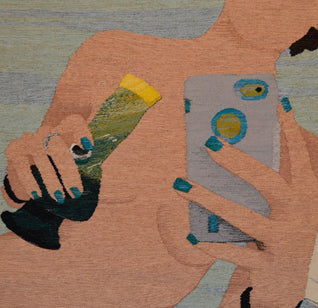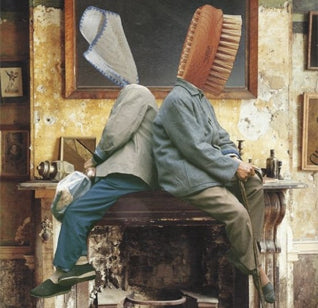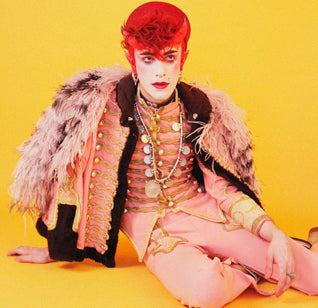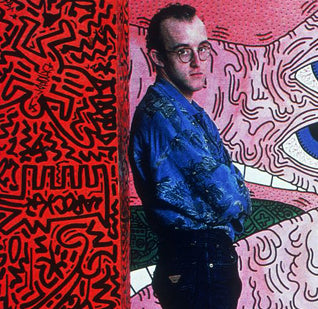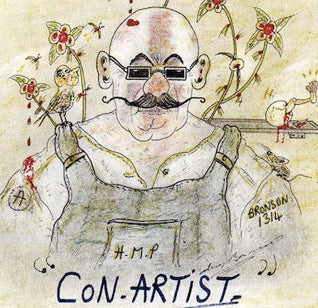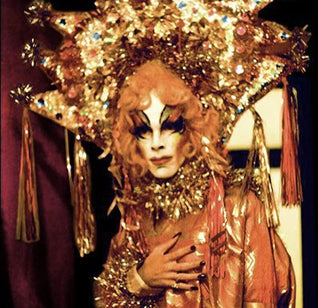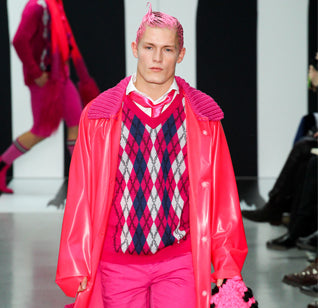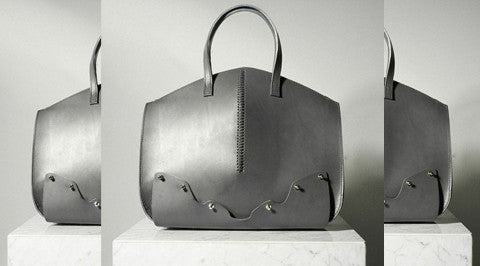ANJELICA HUSTON: THE UNSUNG STYLE ICON OF THE 70'S
Looking back at the queen of the new establishment
by Milly Moreton-Cooper
At 6 feet tall with angular cheekbones and a shock of thick dark hair, Anjelica Huston was conspicuous, contradictory and commanding. In London in the sixties, she would sneak away from school with her mother’s money to grimy back street venues filled with cigarette smoke and vibrant youth to watch bands like The Yardbirds, Jeff Beck and the Four Tops. During the 70's Huston was based in Los Angeles, it was a haze of culture that embodied youth, freedom, glamour and hedonistic pursuit. The 70's pulled away from the stuffy fifties and over zealous sixties into a more sustainable culture of expression and freedom. While glossy blondes were the go to poster girls of the time, Huston carved her own path through Hollywood. Appearing in magazines photographed on beaches and partying with Jack Nicholson the two of them embodied seventies glamour and the new Hollywood royalty.

Anjelica Huston and Jack Nicholson, Los Angels, circa 1970
She worked with many reputable photographers throughout her modeling years, and collaborated for many years with Richard Avedon, a close friend of her parents.

Anjelica Huston aged 20, photographed by Richard Avedon,1970

Anjelica Huston photographed by Bob Richardson for Vogue Italia, 1971, Huston photographed by Richardson, Huston and Nicholson at The Oscars in 1976.
After modelling throughout the seventies, she got her film debut in Bob Rafelson’s 1981 remake of The Postman Always Rings Twice. In 1985 she starred in her father’s adaptation of Richard Condon’s novel Prizzi’s Honor, for which she won an oscar.


Anjelica Huston and Nicholson in London

Anjelica Huston photographed by Richard Avedon,1976
After this she became a much more prolific actor, but Huston professed she was type-casted in Hollywood into strong, sexualised, typically ‘unfeminine’ roles. It wasn’t until the late 90s that she got to portray a different side to herself, when Wes Anderson scripted her in The Royal Tenenbaums as the soft matriarchal figure to an eccentric family.

Anjelica Huston and Wes Anderson on the set of The Royal Tenenbaums, 2000
Her book Watch Me: A Memoir was released last year, and in it Huston reflects at length on her turbulent 17 year relationship with Jack Nicholson, with whom she claims she was deeply in love with. She ruminates on her abusive affair with Ryan O’Neal, and the imperious nature of her father. The attitude of the seventies clearly bled into Huston’s disposition, as she never allowed the domineering nature of the men in her life to shadow her own. Looking back over a career spanning half a century, it is obvious that Huston is a style institution, and an irrevocable Hollywood icon.

